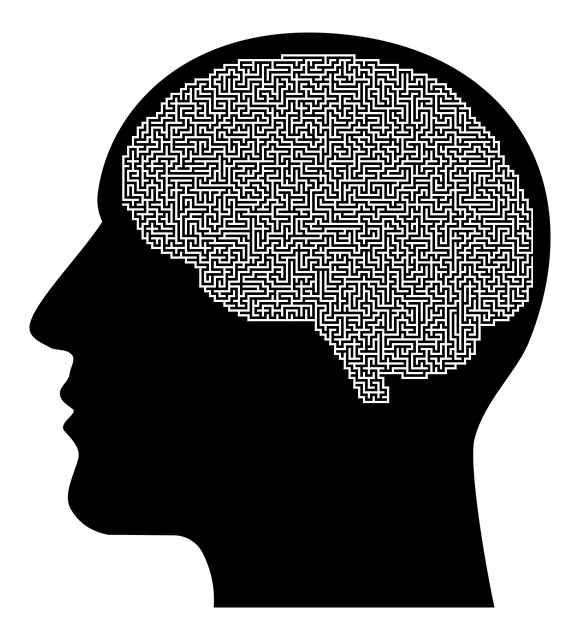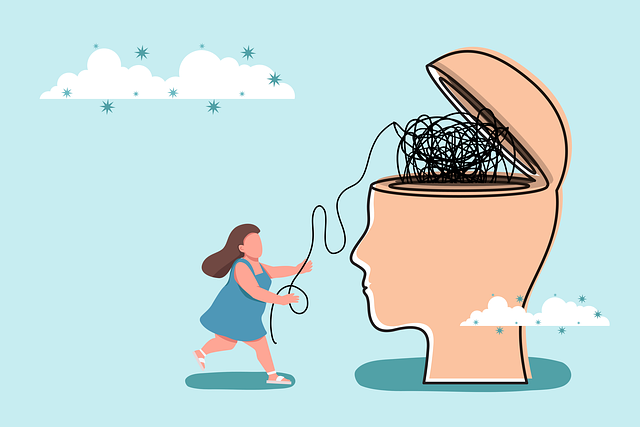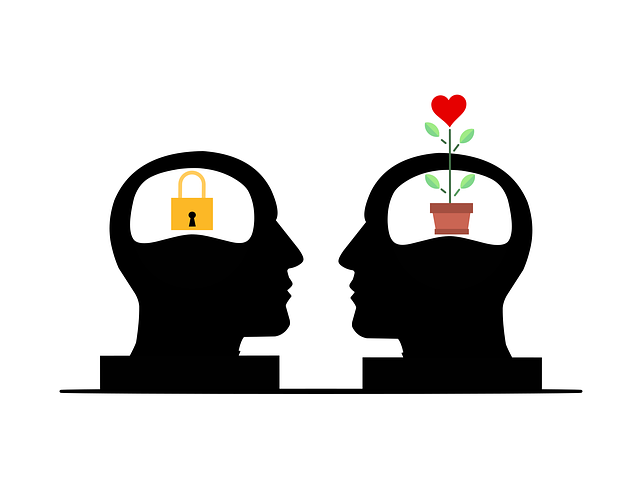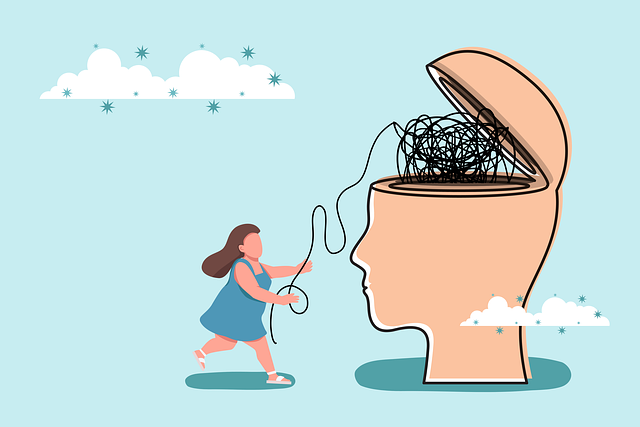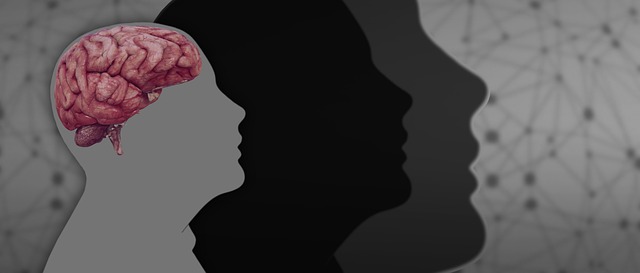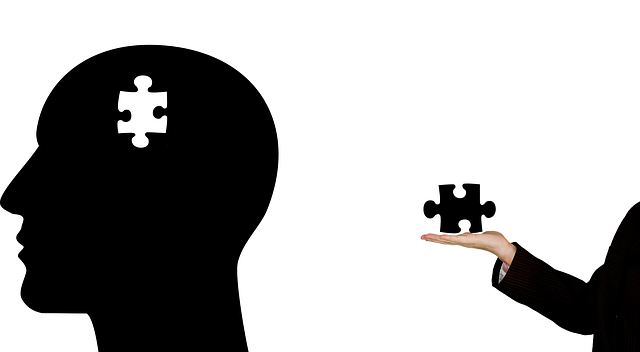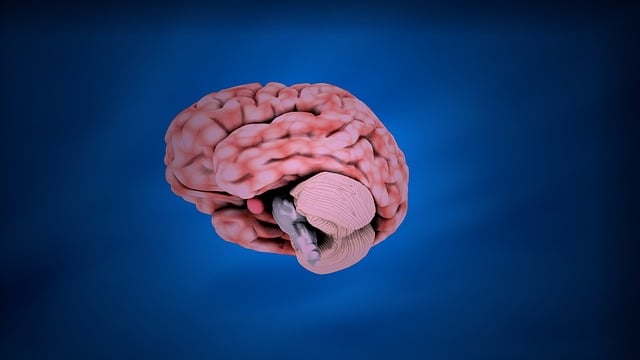Adolescence brings unique challenges, especially regarding chronic pain and mental health. Targeted therapy for adolescent teens with chronic pain focuses on understanding the interconnectedness of physical, emotional, and cognitive factors. This involves open dialogue, emotional intelligence training, self-care routines, and coping mechanisms to enhance resilience. Comprehensive self-assessment tools, incorporating cultural sensitivity, offer nuanced care tailored to individual needs, promoting active participation in mental wellness and empowering teens to manage chronic pain effectively.
In today’s digital age, addressing mental wellness among adolescent teens with chronic pain is paramount. This article explores crucial aspects of self-assessment tools development, focusing on understanding the intricate relationship between adolescent chronic pain and mental health challenges. We delve into designing effective self-assessment tools tailored to mental wellness, emphasizing their integration into therapy for comprehensive management of teen chronic pain. By harnessing these strategies, professionals can enhance support for adolescents navigating this complex landscape.
- Understanding Adolescent Chronic Pain and Mental Health Challenges
- Designing Effective Self-Assessment Tools for Mental Wellness
- Integrating Self-Assessment into Therapy for Teen Chronic Pain Management
Understanding Adolescent Chronic Pain and Mental Health Challenges

Adolescence is a critical period marked by significant physical, emotional, and cognitive changes, often accompanied by heightened vulnerability to chronic pain and mental health challenges. Teens experiencing persistent pain may struggle with anxiety, depression, and social isolation, exacerbated by the impact of their condition on daily activities and overall well-being. Understanding these interconnections is vital for developing effective interventions, such as therapy tailored for adolescent teens with chronic pain.
Emotional intelligence, communication strategies, and self-care routine development for better mental health play a crucial role in addressing these challenges. By fostering open dialogue about pain experiences, therapists can empower teens to manage symptoms, improve coping mechanisms, and enhance their overall emotional resilience. This holistic approach not only alleviates the immediate mental health concerns but also equips adolescents with valuable skills to navigate future stressors and maintain long-term wellness.
Designing Effective Self-Assessment Tools for Mental Wellness

Designing effective self-assessment tools for mental wellness requires a multifaceted approach that considers both the individual’s experiences and broader cultural contexts. For adolescents experiencing chronic pain, these tools should be tailored to address unique challenges related to physical health, emotional well-being, and developmental stages. Incorporating elements of cultural sensitivity in mental healthcare practice ensures that assessment methods resonate with diverse populations, enhancing their effectiveness.
Self-assessment tools can facilitate Coping Skills Development by providing a structured yet flexible framework for teens to reflect on their experiences, identify triggers, and explore healthy coping mechanisms. Moreover, integrating Risk Management Planning for Mental Health Professionals into these tools allows practitioners to proactively address potential risks associated with chronic pain and related mental health concerns in adolescents. This holistic approach not only improves assessment accuracy but also paves the way for more targeted and effective therapy interventions.
Integrating Self-Assessment into Therapy for Teen Chronic Pain Management

Integrating self-assessment tools into therapy for adolescent teens suffering from chronic pain is a transformative approach to treatment. By empowering teenagers to actively participate in their mental wellness journey, therapists can facilitate a deeper understanding of each individual’s unique challenges and strengths. This process involves teaching them effective emotional well-being promotion techniques and empathy building strategies, enabling them to develop inner strength and cope with the relentless nature of chronic pain.
Self-assessment allows teens to introspect and identify patterns in their thoughts, feelings, and behaviors related to their pain experience. Through this, they gain valuable insights into what exacerbates or alleviates their symptoms, leading to more informed decision-making regarding their care. Moreover, it fosters a sense of agency, encouraging them to actively engage in their treatment plans and embrace strategies that promote emotional resilience and overall mental wellness alongside physical management techniques for chronic pain.
The development of mental wellness self-assessment tools is a significant step towards addressing the often overlooked emotional struggles faced by adolescents with chronic pain. By integrating these assessments into therapy for adolescent teens with chronic pain, healthcare professionals can facilitate more personalized and effective treatment plans. This multi-faceted approach ensures that mental health support is accessible and tailored to each teen’s unique needs, ultimately improving their overall well-being and quality of life.




